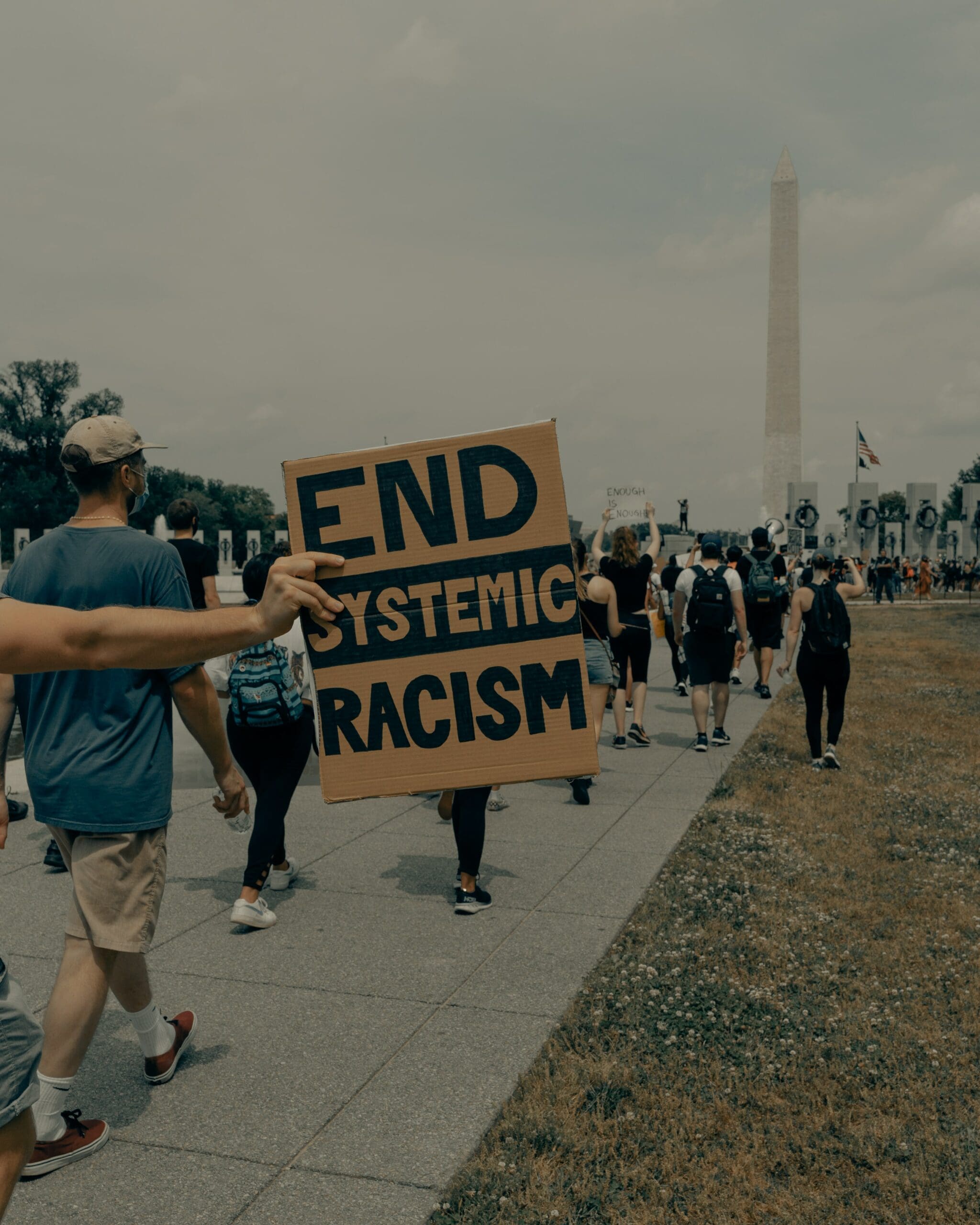In an attempt to put low-income workers on more solid financial footing, New Mexico lawmakers in recent years have approved a minimum wage increase and a paid sick leave requirement, among other policies.
By: DAN BOYD / JOURNAL CAPITOL BUREAU CHIEF
The newest debate on the horizon could center on guaranteed basic income, a policy that provides low-income residents with regular financial payments.
At least two New Mexico cities – Las Cruces and Santa Fe – are already considering, or moving forward with, targeted guaranteed basic income pilot projects and state lawmakers heard an update on the plans during a Monday committee hearing at the state Capitol.
Several legislators said they’re planning to watch the local-level efforts play out before possibly moving forward with a statewide proposal.
Rep. Antonio “Moe” Maestas, D-Albuquerque, said a guaranteed basic income program could avoid the “cliff effect,” or possibility of losing access to benefits due to increased income, that exists with such other safety net programs as Medicaid and unemployment.
He also said many New Mexicans would use the money for basic health care and school supplies for their children.
“I think that $400 is a heckuva lot of money to a heckuva lot of people in this state,” Maestas said, referring to the pilot program Santa Fe is launching.
Santa Fe Mayor Alan Webber, who testified at Monday’s meeting of the interim Revenue Stabilization and Tax Policy Committee, described the policy as an idea whose time has come after being supported in the 1960s by former President Richard Nixon.
“This is exactly what we need to break the cycle of poverty … that too many people live in,” Webber said.
He described Santa Fe’s guaranteed basic income pilot program that will be funded by a national advocacy group as a “stability stipend.” It will provide 100 people under age 30 who have children and are attending Santa Fe Community College with monthly payments of at least $400.
Several other cities nationwide are also moving forward with similar programs that follow on the heels of Stockton, California, which provided 125 low-income people with $500 a month for two years.
But some lawmakers expressed skepticism about how a guaranteed basic income program would function and how much it would cost.
Rep. Larry Scott, R-Hobbs, questioned how guaranteed basic income might impact New Mexico’s unemployment rate, which was tied for the nation’s highest in June, at 7.9%, along with Connecticut.
“New Mexico employers are having a very hard time finding people to work now,” Scott said.
In addition, New Mexico has long struggled with high poverty rates and more than 926,000 state residents – or about 44% of the state’s total population – were enrolled in Medicaid as of May.
While state revenue levels have been on the upswing since plummeting at the start of the COVID-19 pandemic, providing just 10% of those residents with $100 monthly financial payments would cost roughly $111 million annually.
But there could be different types of funding mechanisms available if New Mexico were to pursue such a policy, as Alaska has long offered its full-time residents an annual dividend based on the investment earnings on mineral royalties. The dividend amount for 2020 was $992 per person.
Las Cruces City Councilor Johana Bencomo, who is leading the push for a basic income program in the southern New Mexico city, described the traditional approach to addressing poverty as “patronizing and patriarchal,” and said cash payments allow recipients to use the money as they deem fit.
“I do believe that poverty is a policy choice,” said Bencomo, who is also executive director of a nonprofit group that advocates for immigrant and worker rights.
She also cited the impact of cash assistance programs funded by federal relief dollars during the pandemic, which included one-time payments of $750 for those who didn’t qualify for a federal stimulus check.





















